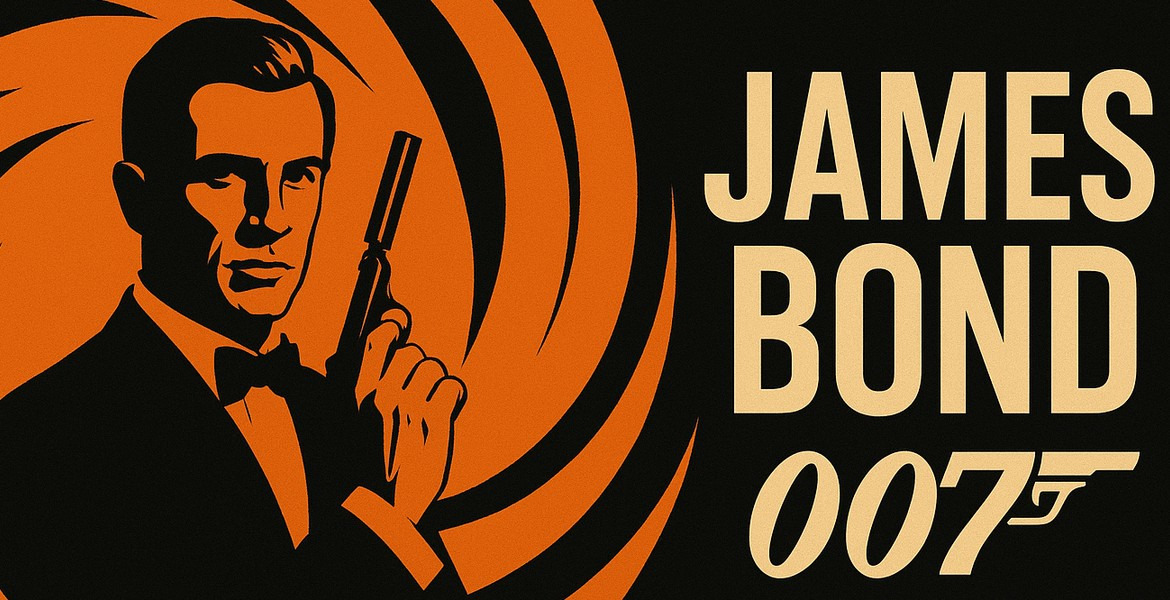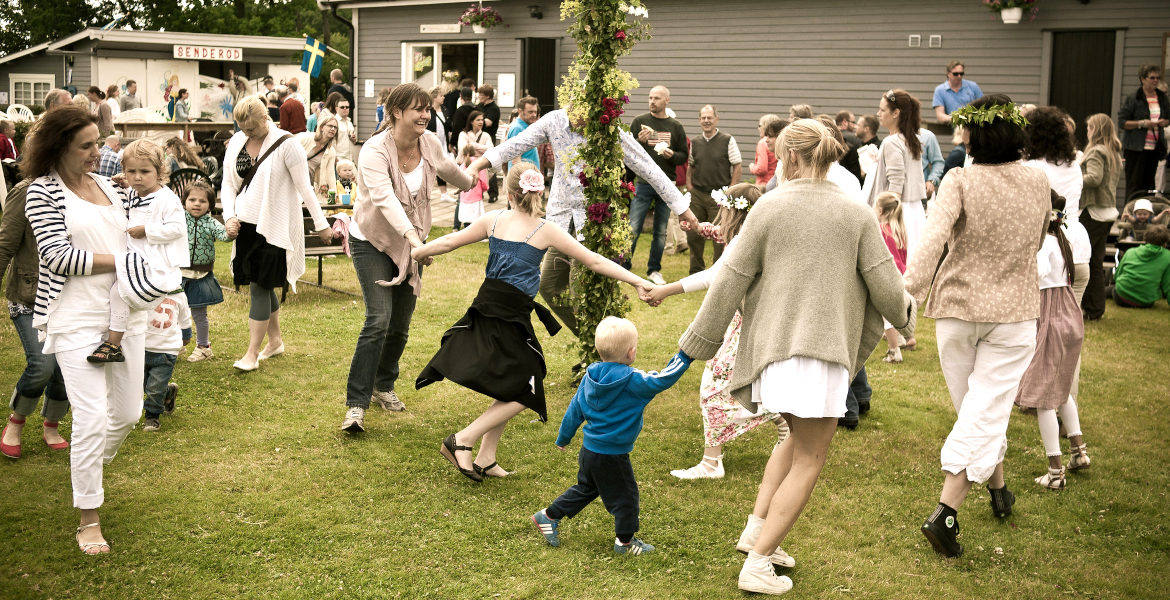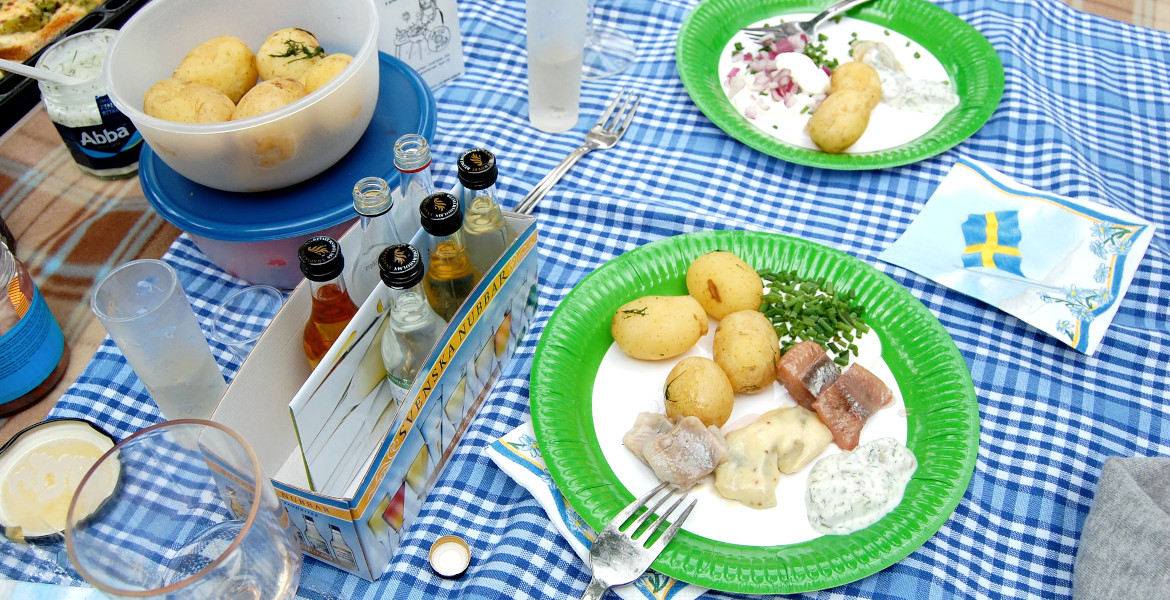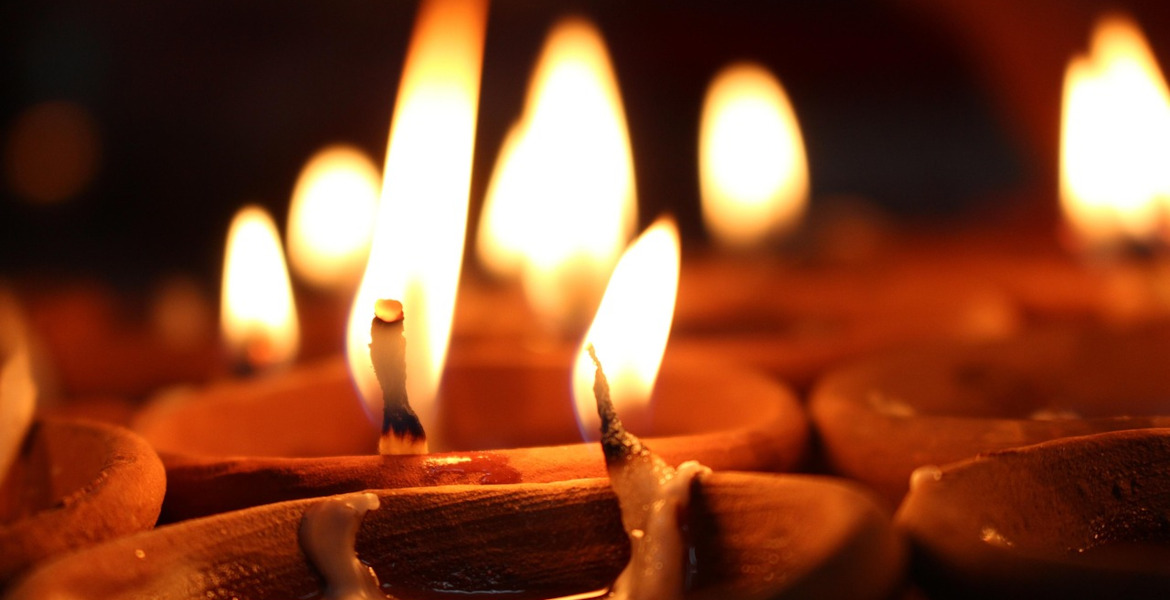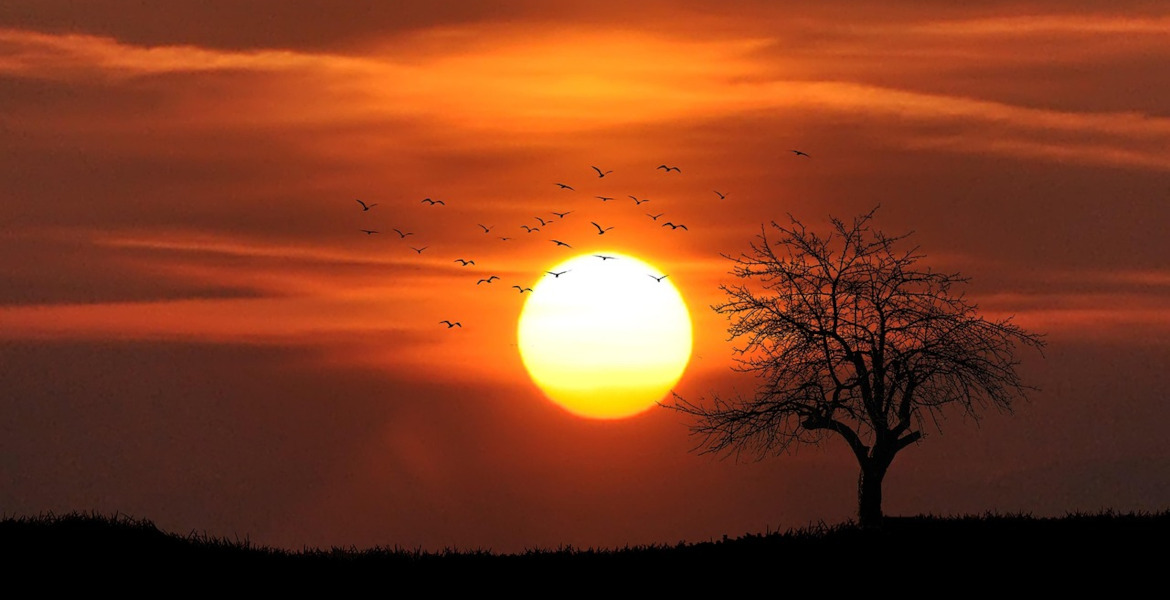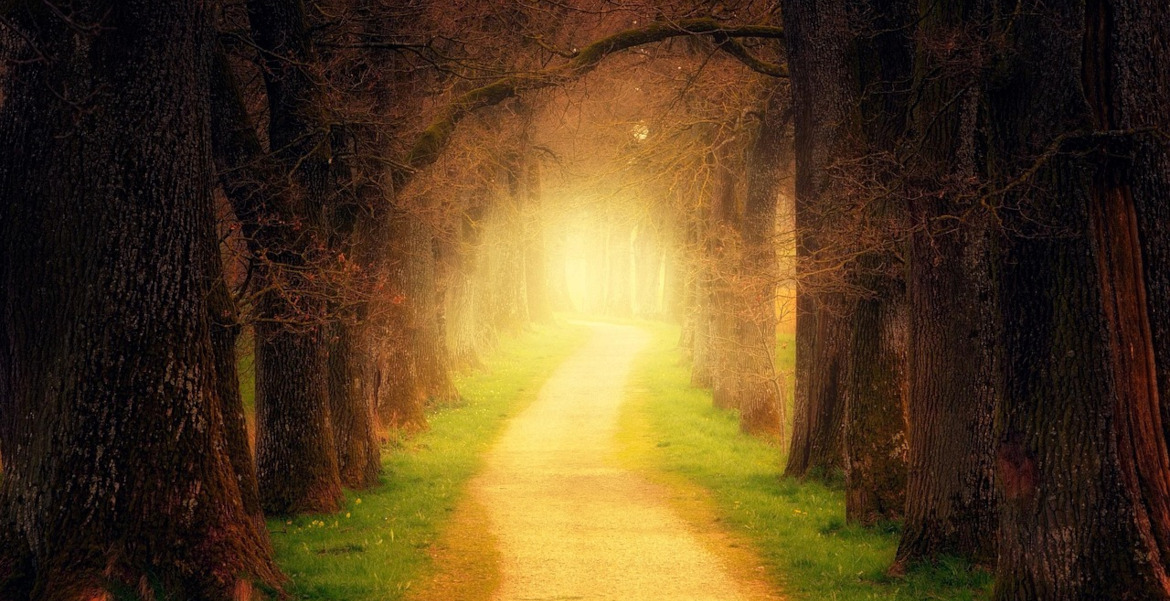More of everything sums up this year’s edition of Sweden Rock Festival. Lots of media, tons of photographers, huge crowds, merch, partner companies, Viking and medieval demonstrations of strength in the form of lifting logs in a way that would have been right at home at any Viking market. The audience was treated to high-octane stage art, dramaturgy, and poetic presence drawn from the worlds of film and theater.
Above all, this year’s festival delivered fantastic performances. One of the strongest in terms of musical quality, showmanship, songs, vocals, and overall balance was the band that I saw, heard, and lyrically contemplated at Palladium in Stockholm in 1995. Back then, they were promoting their album Helpyourselfish with its characteristic compositions… Now, 30 years later, better than ever, the Danish band D-A-D, with band members Jesper Binzer on vocals and guitar, his brother Jacob Binzer on guitar and vocals, the ever-charismatic Stig Pedersen on bass and vocals, and Laust Sonne on drums, serve up cool songs such as Sleeping My Day Away, Bad Craziness, Rim Of Hell and more. With a new art CD release in the form of Speed Of Darkness, they are maintaining their brand with good self-esteem and confidence. The rock icons hold it all together with the common thread of recognizability from their successful sound, their unique vocals, beautiful stage clothes, stage presence, charisma, and tight, fat drum and bass lines, to which the audience responded with raised hands and singing along in unison to the famous rock songs.
“Aim to be the best in the world”
Artist Razz also had a chat with guitarist Oskar Lindroos and bassist Jonathan Thyberg from the band Bloodstain, a band that aims to be the biggest in the world. At first, they described their goal as reaching the biggest stage, Festival Stage, at Sweden Rock, but after a while they realized that they had already achieved that goal.
– Yeah, we might as well aim to be the best in the world, said Oskar and Jonathan.
They also shared that the band name Bloodstain came about when one of the band members’ fingers started bleeding from playing the strings too hard, and it became so meaningful and symbolic that everyone in the band felt a blood bond.
They describe how the songs are created together in the rehearsal room and how the choice of metal was also made in a truly democratic spirit. All the members of the band have different backgrounds and there is a strong foundation of blues, rock, and metal that contains many of its scales. When asked if harmonica fits into their sound, the answer is obvious.
– Hell yes, said Oskar with a twinkle in his eye.
Time flies and the interview with Oskar and Jonathan is over before we know it. Jessica Lindroos, one of the band’s co-managers, enters our interview room and we realize that it’s time to wrap up, hoping to see and hear more from Bloodstains in the future.
A glorious mix of bands
Many visitors praise the Sweden Rock management for managing to put together a festival with so many incredible bands to enjoy, be charmed by, sometimes be frightened by, and repeatedly be completely enthralled by. One of the many great rock bands was definitely The Mercury Riots with their captivating artistry and song catalog. King Diamond was a fascinating experience with his characteristic wonderful falsetto vocals and dynamic theatrical and dramatic performance. A liberating Swedish act that affected the entire Pistonhead tent was Knogjärn with its stage language, light and color play, lyrics, and music that is impossible to resist, which can inspire any coward to start daring to take control of their situation.
Yes, it is definitely memorable to have had the privilege of experiencing these highly skilled bands, some of whom are in their 70s and 80s, such as the Scorpions, who are celebrating their 60th anniversary. These are memories for life that reach all the senses and touch the heartstrings, gilding and adding a golden edge to the lives of all who appreciate these experiences. It was particularly impressive when the band Meshuggah delivered an unparalleled light show in the middle of the night. Soen treated the audience to a musical fire show with a poetic and tasteful performance. Slipknot conjured up all kinds of creatures and had the audience almost speaking, or rather singing, in tongues based on call and response. The bombastic hard rock storytellers of the Swedish hard rock band Sabaton closed the entire festival session – a piece of theatrical drama with props including a tank, Carolingian costumes, gas masks, flamethrowers, and a crescendo of fireworks that made it feel like the entire Sweden Rockauditorium was celebrating New Year’s Eve.
Many bands at the festival also expressed their gratitude and thoughts to all those who worked at the festival site, including Cruzified Barbara, whose singer Mia Karlsson expressed her sympathy for all the children affected in Gaza.
Impressive organization
In the lead-up to Sweden Rock, many column inches were written, including about SVT’s documentary on Sweden Rock and its general, Ingolf Persson, who has shown skepticism toward many journalists – and even toward the memoir book about Sweden Rock and its journey up to the 30-year anniversary released in 2023. Ingolf views it primarily as a fairytale book and holds a distinctly different view of Sweden Rock’s soul than the one presented there
Many campers arrive in style, declaring that camping is half the fun. Visit Blekinge has also described using Sweden Rock as a tool to attract new residents. The festival has been described by some media as pompous and maximal. One person even said, “actually kind of rock’n’roll”…
It’s safe to say that the festival brings together many different people, target groups, and age ranges — and can best be summed up with joy, love, interest, and above all, gratitude. When all is said and done, we got to see and hear as many as 93 bands across five stages with a mixed repertoire – an impressive feat of organization considering the incredible logistics of artist and band transitions, coordinating and accrediting journalists, photographers, audience hosts, security personnel, guards, stage workers, electricians, and more
As the festival neared its end, most realized they had been bitten by the dangerous animals and bands that had graced Sweden Rock — from the viper Huggorm to Scorpions, whose nerve toxins sometimes manifested as ear-shattering, cheeky, and visibly paralyzing death spasms. We’re already looking forward to getting stung again at Sweden Rock Festival 2026.
Mikael Rasmussen alias Artist Razz


